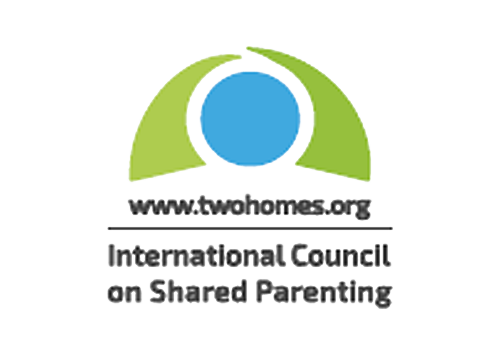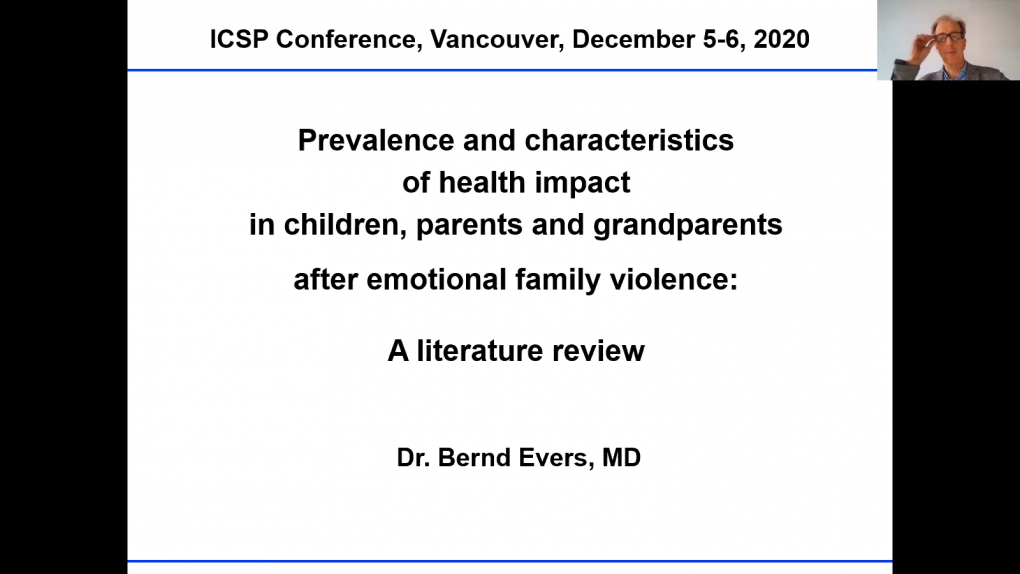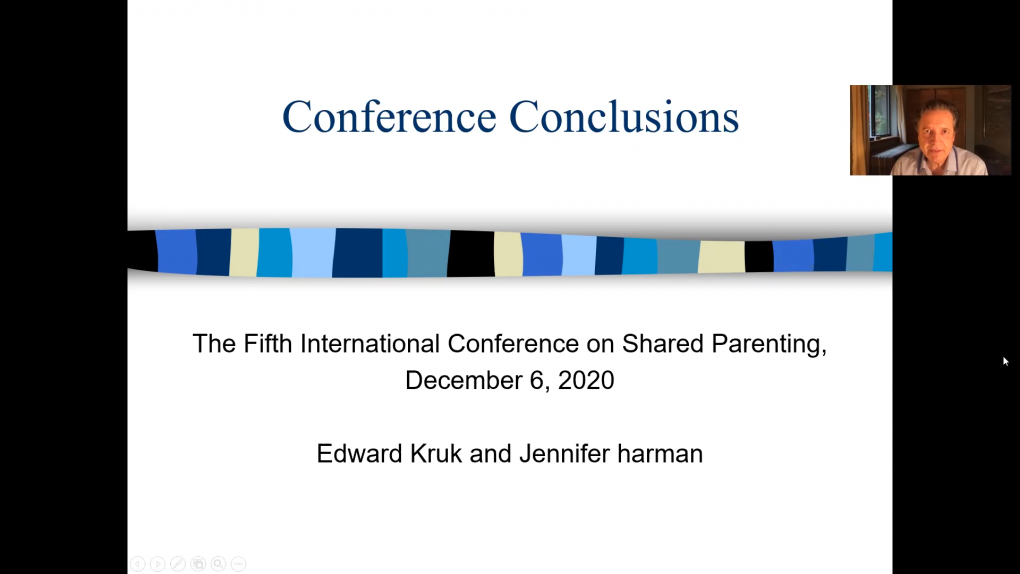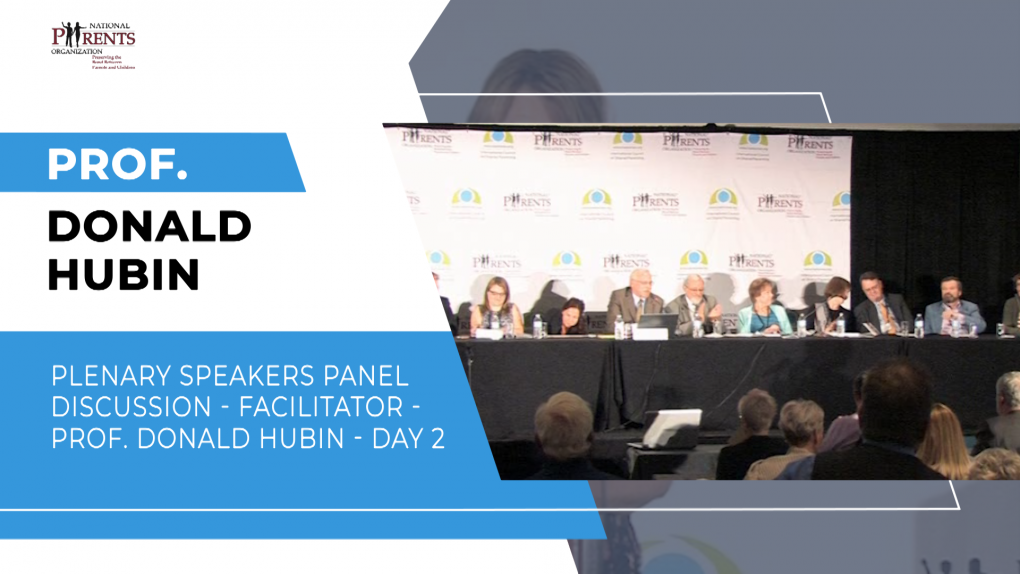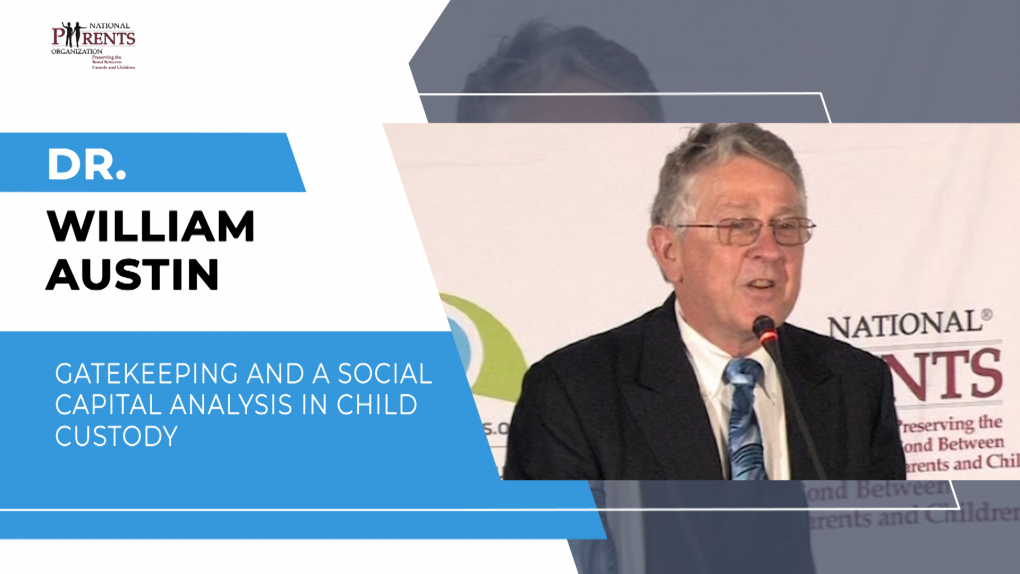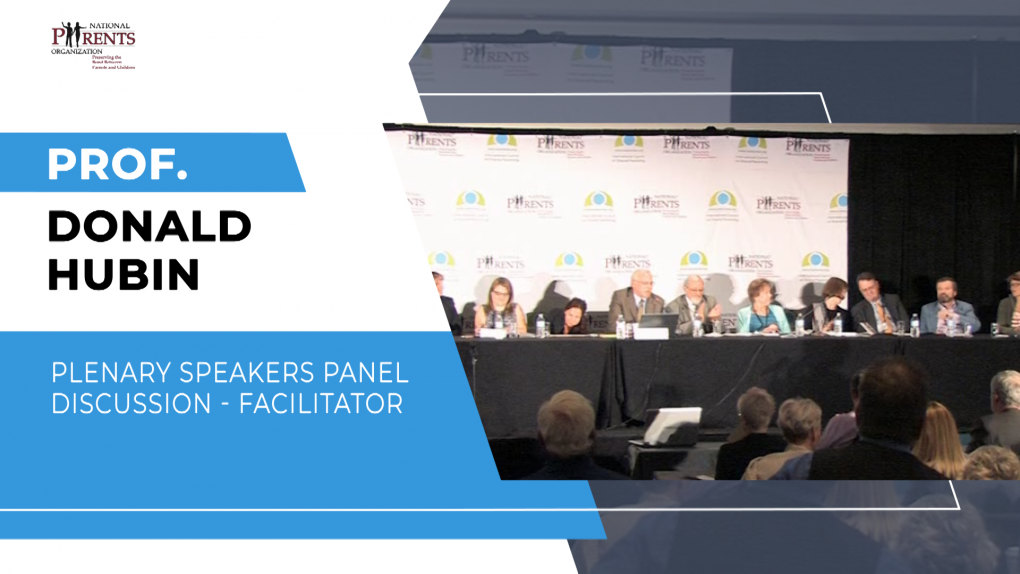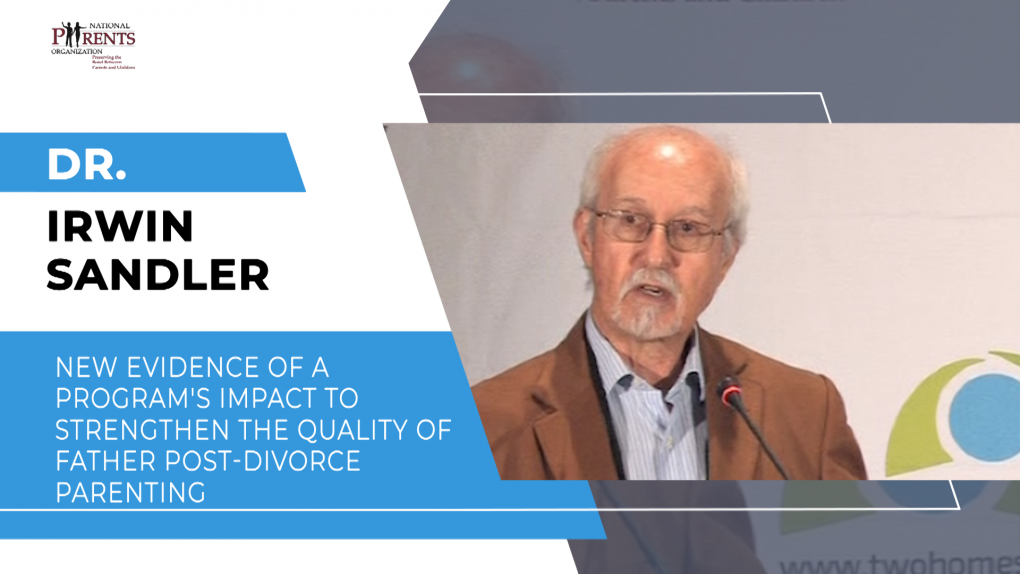Relevance of the Topic – Current Situation – Challenge – Purpose of the Study: As consequence of separation and divorce, the annual rate of affected children in Germany is calculated as to be as high as 160.000-200.000. Various German and international studies revealed a percentage of up to 70%, in which children lost one parent either substantially or totally, associated with a significant psychosomatic morbidity rate comparable with the one after death of a parent, most recently been reported by Meland et al. (2019). As of now, all over Germany a very heterogeneous procedure after separation and divorce concerning all involved actors led to very heterogeneous outcomes especially with focus on the children´s way ahead, while the role of emotional family violence has only sporadically been investigated. Therefore, the purpose of the presented meta-analysis was to provide an update on studies focusing on the health status of children, but also of parents and grand-parents exposed to emotional family violence to estimate the overall relevance and develop strategies to better prevention, diagnosis and treatment. Material/Methods: All world-wide published (1970-2020) and listed larger studies focusing on morbidity after child abuse with special focus on emotional family violence were screened and assessed with special focus on prevalence and characteristics of psycho-somatic symptoms and prognostic factors. A limited number of studies with appropriate study groups sizes and study designs was found at least covering the morbidity situation in children, why the number of studies on parents and grand-parents was extremely limited. Results: A considerably high prevalence was found in all studies primarily consisting of depressions, inferior self-awareness, eating disorders, cognitive deficits and diminished stress tolerance. Also, the social behaviour was considerably impaired including increased aggression with up to criminal activities, Also, patterns of reinsceneration of own childhood biography of emotional family violence was frequently reported. Conclusion: Exposure to emotional family violence clearly leads to a higher prevalence of psycho-somatic symptoms in children. The study situation on the health status of parents and grand-parents is very limited, however also shows significant symptoms resembling the portfolio of symptoms reported in children. In many cases the work strength is considerably limited up to early retirement due to constant high stress levels. The health-related burden to the overall society including also the socio-economic consequences are assessed to be highly relevant. However, larger studies are required to obtain further details of this highly relevant topic.
Conference Conclusions ICSP 2020
Edward Kruk, PhD Dr. Edward Kruk is Associate Professor in the School of Social Work at the University of British Columbia, President of the International Council on Shared Parenting, and Co-chair of the Scientific Committee of the Fifth International Conference on Shared Parenting. His research and teaching are focused on child and family policy and practice, and he has published …
Plenary Session – Plenary Speakers Panel Discussion Day 2
Facilitator: Prof. Donald Hubin Ohio State University, USA
Speakers:
Dr. Michael Lamb Cambridge University, UK
Prof. Edward Kruk ISCP President, University of British Columbia, Canada
Dr. Malin Bergström Karolinska Institute, Sweden
Prof. Hildegund Sünderhauf Lutheran University of Applied Sciences Nuremberg, Germany
Prof. Patrick Parkinson University of Sydney, Australia
Dr. William Austin Child Custody Services, USA
Gate-keeping and a social capital analysis in child custody
Dr. William Austin – Gatekeeping and a social capital analysis in child custody
Plenary Speakers Panel Discussion – Facilitator – Prof. Donald Hubin – Day 1
Facilitator:
Prof. Donald Hubin Ohio State University, USA
Speakers:
Dr. Richard Warshak University of Texas Southwestern Medical Center, USA
Dr. Irwin Sandler Arizona State University, USA
Dr. Kari Adamsons University of Connecticut, USA
Dr. Sanford Braver Arizona State University, USA
Dr. Pamela Ludolph University of Michigan, USA
Dr. William Fabricius Arizona State University, USA
Dr. Linda Nielsen Wake Forest University, USA
New evidence of a program’s impact to strengthen the quality of father post-divorce parenting
Dr. Irwin Sandler Arizona State University, USA This presentation will discuss the state of evidence of the relations between the quality of father parenting following divorce and children’s post-divorce adjustment. We will first discuss what we mean by “quality of parenting”. We will then discuss new evidence that the quality of father post-divorce parenting is associated with children’s well-being particularly …

